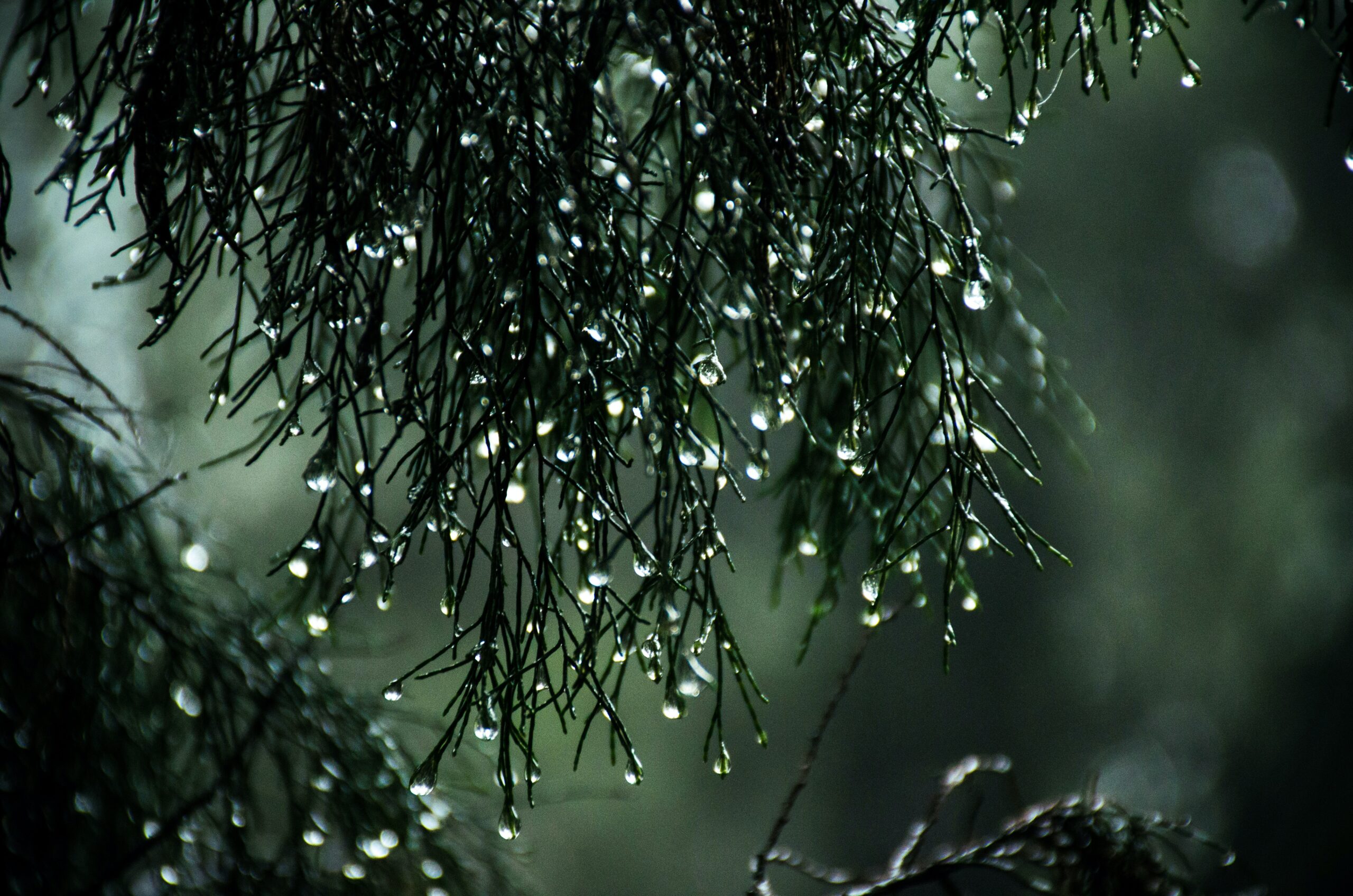
May 27, 2021
The monsoons are a welcome change after the hot summer. Our surroundings are now more green and lush, the weather is cooler and the winds are stronger. However, this season can also cause a series of problems for our homes, if we are not prepared for it. With the monsoons come roof leakages, damp cupboards, mould, electricity shortages, and more. It may seem like an impossible task to get our houses 100% monsoon-proof, but with the right methods, it can be monsoon-ready in no time.
Here is a list of some tips and tricks to help you prepare your home for this monsoon season.
It is essential to look for potential leaks, cracks, and other issues. Ensure that any cracks or roof tiles that may leak during the monsoon season are repaired by professionals at the earliest. This will ensure proper repair and peace of mind. Additionally, consider giving your house a fresh coat of paint before the rains begin, as this will help cover up hairline cracks and prevent algae, fungus, and weeds from growing.
Wooden furniture like cane and bamboo are not completely waterproof. They absorb moisture and are prone to damage if exposed to rain for prolonged periods. Therefore, a waterproof coating is advised for your balcony furniture. You can also keep the furniture dry by wiping it down every day so that it does not soak up moisture. You may have also noticed that wooden doors refuse to close during this season because they expand. Getting these doors beaten to shape could prove beneficial.
Cupboards all over the house begin to trap the moisture in the air and retain the dampness. This passes on to the contents of the cupboards as well such as clothes, papers, books, etc. This, in turn, gives rise to mould and a damp odour throughout the monsoon season, which can not only be irritating but also injurious to your health and cause respiratory issues. Using naphthalene balls, camphor, or neem leaves in your cupboards helps keep them fresh and dry.
As mentioned above, prolonged exposure to mould and dampness can lead to several respiratory illnesses such as viral fever, allergic reactions, asthma, and other ailments. The best way to avoid this after getting rid of the root cause itself is to keep your homes well-ventilated. The passage of fresh air aids in reducing dampness. In addition, due to the rain, many people hang wet or damp clothes to dry inside the house. In such cases, it is important to turn on the fan for extra ventilation to ensure that the clothes dry quickly. Failure to do so can result in damp homes. You can also leave your doors and windows open during the day to take advantage of the sun’s rays.
One of the most dangerous hazards during the monsoons is electrical wiring. Many people believe that wires are impervious to moisture. This is untrue as electric wires tend to become damp and result from the dampness around them, causing short circuits and posing a serious risk. It is therefore important to check all of your home’s wiring before/during the monsoons. If you have any unattended wires around the house, you should consider having them repaired in earnest. Electric shocks are common during this season if wires are left uncovered.
Clogged drains are a nuisance in any season, but monsoons can be especially difficult. Excessive water, food, dirt, and other substances can clog drains. To keep the situation under control, clean your drainage system regularly and de-clog it at least once a week. Do not forget to check the drains on your terrace and balcony as well. If clogged, these drains can accumulate water and cause major leakages in your house during heavy rains.
While some of the plants in your garden may be able to withstand the stronger monsoon wind and rain, others may perish. Examine your plants and, if necessary, relocate them to where they will thrive. Indoor plants are a pleasure to look after during any season but the monsoon. During this time, they increase the house’s moisture content and encourage insect breeding. Furthermore, some plants may require more sunlight and, as a result, should be relocated outside during the day when it is sunny.
Finally, after all your hard work and dedication, you can now enjoy the pleasant weather from the comfort of your monsoon-ready home. Pick a window seat to enjoy watching the rain, choose your favourite book to read, and top it all off with a cup of hot chocolate or coffee. At a Rainforest Estates villa, you can enjoy the monsoons with no additional stress. Our homes come equipped with water-resistant furniture, electrical wiring, functional drainage systems, and more.
You may also want to read about Monsoon Festivals in Goa.
To know more about us, follow us on Instagram and Facebook for insightful posts and updates on our projects.
Tips and Tricks to Get Your Home Monsoon Ready